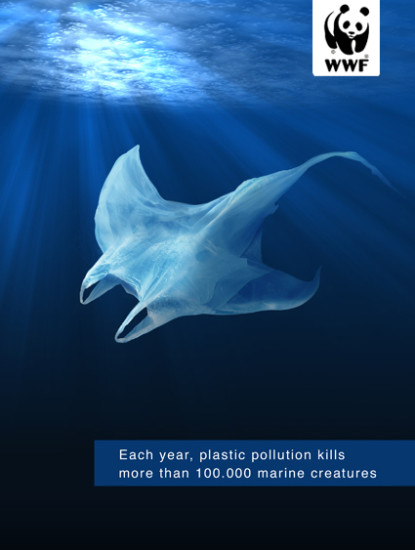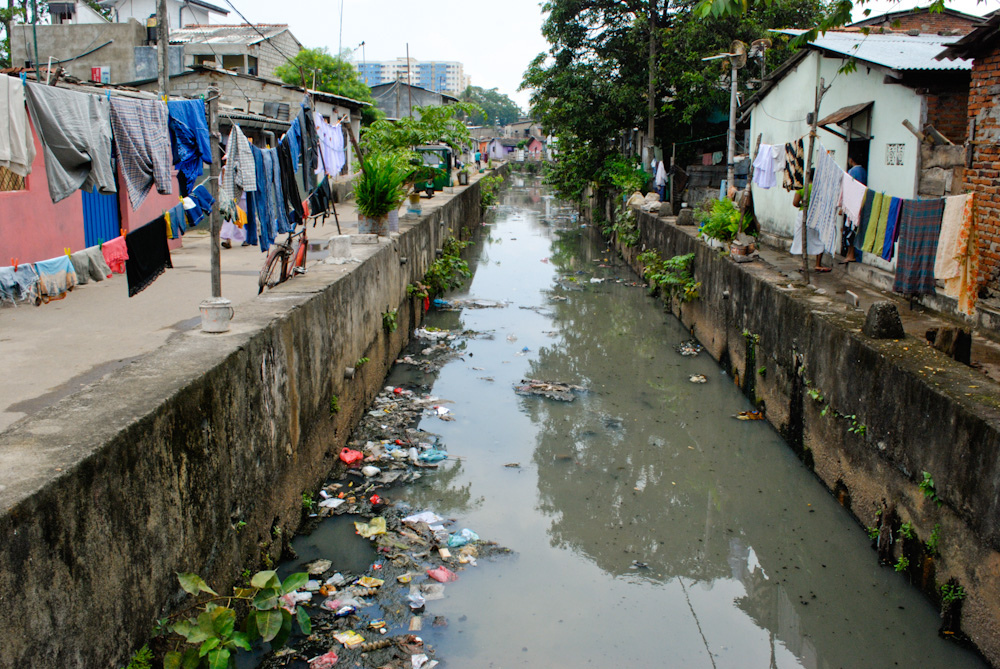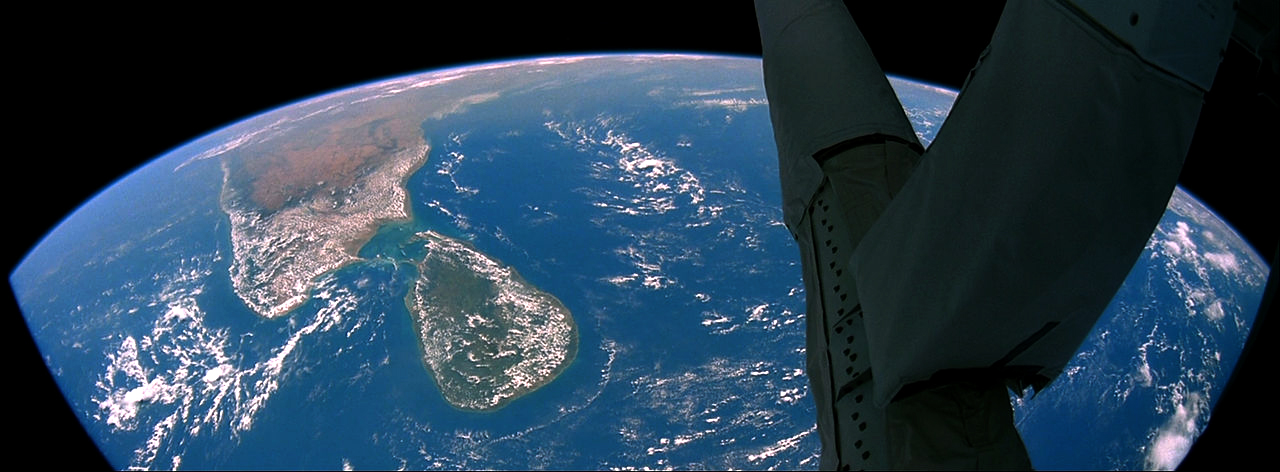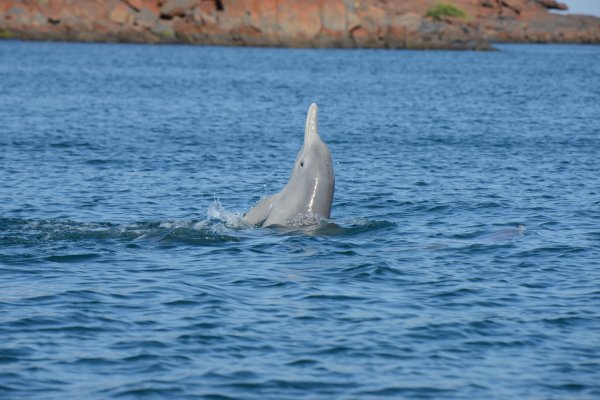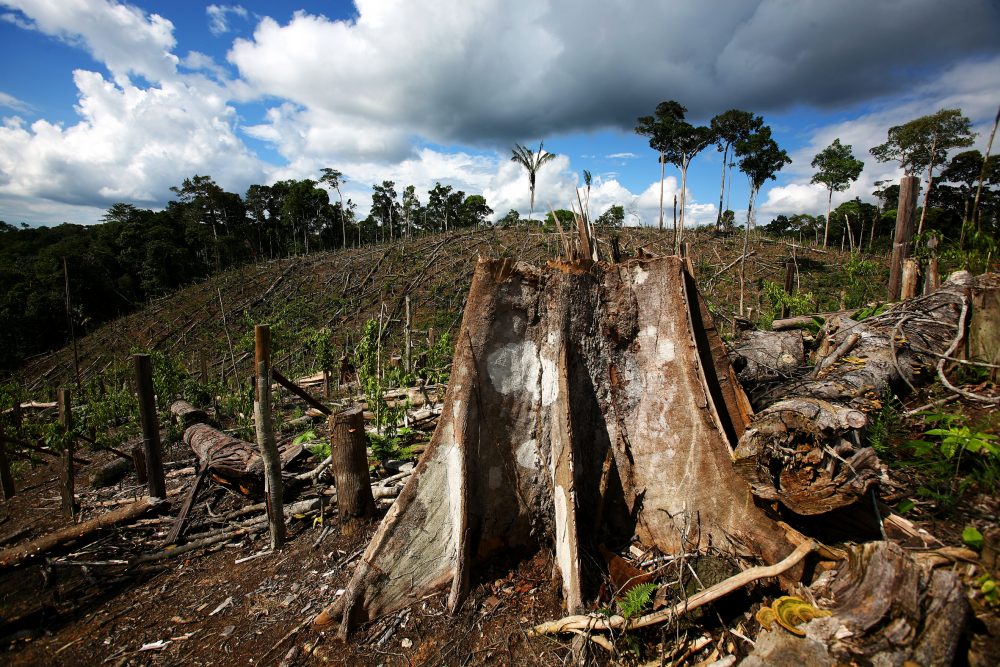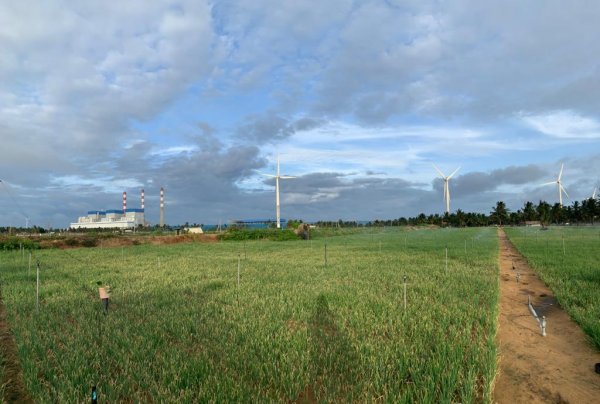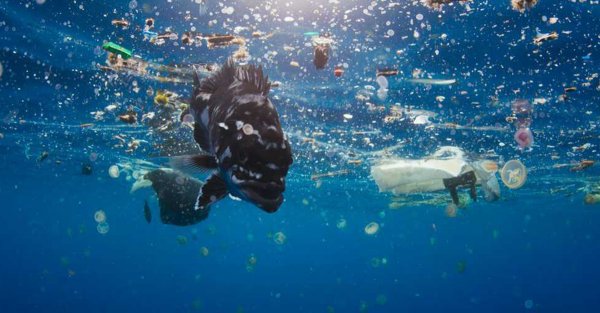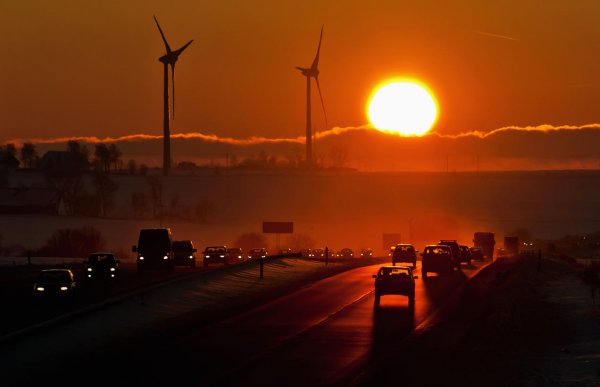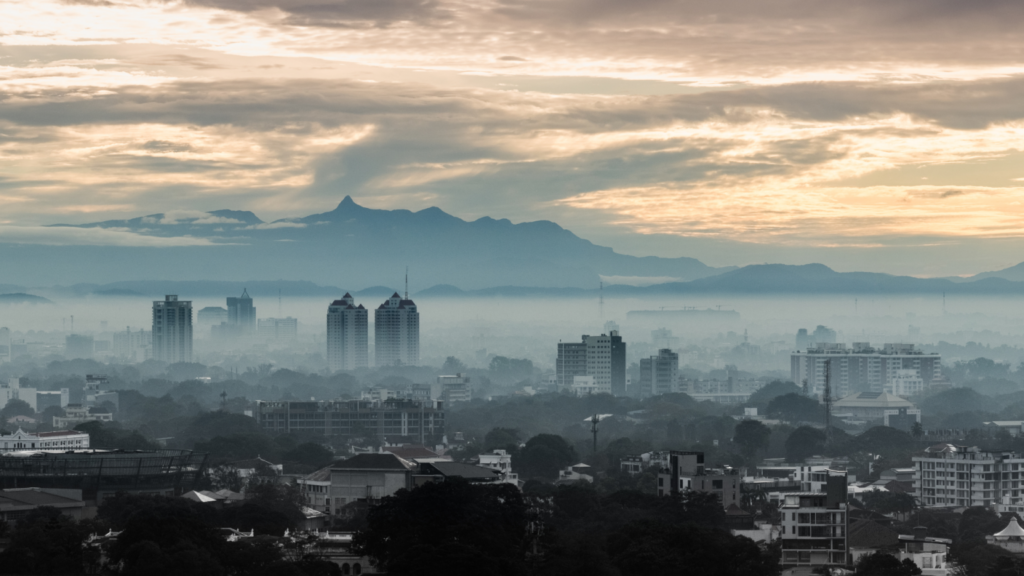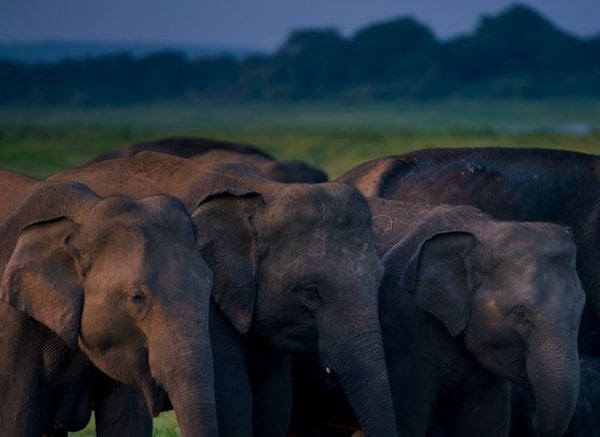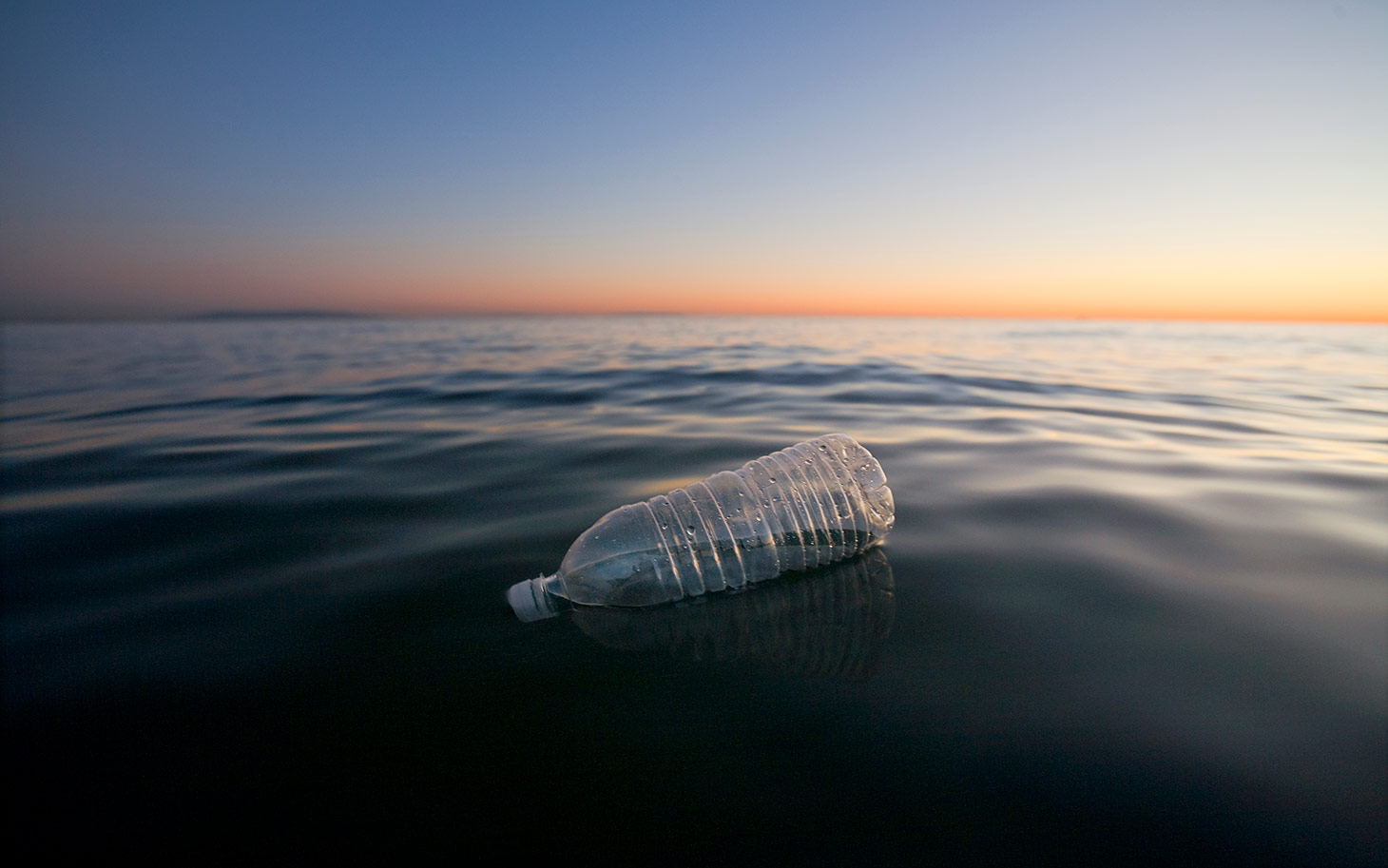
We’re Winning And It’s Not A Good Thing.
The name of the game is ‘plastic’ and we have been hammering more 6’s in this match than any other nation out there for our size. A report released by the International Business Times ranks Sri Lanka as the 5th largest polluter of plastic to the ocean in 2010 with 1.59M metric tons dumped into the seas every year. The other countries, in ascending order, are Vietnam (1.83 Mt/year), Philippines (1.88 Mt/year), Indonesia (3.22 Mt/year) and China (8.82 Mt/year). What’s interesting is that the other top 5 countries have populations of more than 80 million people. So how does Sri Lanka, a little island with only 20 million people, have such an effect on the global scale?
Sri Lanka Loves Plastic
The next time you go to the supermarket, observe how many bags are used to pack your products. Raw meat and fish are bagged twice unless it already comes pre-packed and red meat is always separated from other meat by plastics, but then again it all ends up in individual bags. Vegetables are put into their own individual bags, which are measured, tagged and put into another larger bag. The smaller bags, used for items of small quantities, barely have any practical use once they reach your home. When you check out five items you’ll have around seven plastic bags. Whilst there is a science behind why supermarket packaging of items such as vegetables and raw meats don’t mix, fragile items are given their own bags and cans are grouped together. Is there really a harm in putting a pack of sausages with a tub of ice cream when eventually they share the same space in the freezer at home?
Grocery stores of yesteryear and rare spots still use recycled newspaper bags and the handy paper cone to carry dry food such as dhal, chickpeas, and sometimes eggs. The convenience of plastic bags is erasing away this eco-friendly method. Rural consumers tend to shop more frequently than supermarket consumers thus increasing their plastic consumption.
According to the report, the average Sri Lankan generates 5.1 kg of waste per day and mismanages 0.29 kg of plastic waste per day! Do the math, that’s a lot of plastic a year per person.
Plastic Over Glass
Plastic isn’t only limited to bags; for convenient reasons glass bottles are being replaced by plastic bottles. The old system was if you kept bringing the bottle back you save a few bucks off the next bottle. This habit creates an incentive driven consumer, perhaps sentiently, contributes to a better environment. The collection of bottles from stores thoroughly hindered distribution and storage, and furthermore, the treatment of bottles to be recycled pinched the bottom line of companies. Therefore, the solution was to create plastic bottles with a more efficient supply line reducing the price and increasing output.
Awareness And The Island
It’s hard not to be surprised when we’re still the 10th worst marine polluters in the world in 2015. Being an island, we are surrounded by water and the lack of waste disposal knowledge results in pollution to ending up in the ocean. Slum settlements are found around canals and the sea, where space is limited and waste is discarded the easiest way, which happens to be the closest water body. Waste Disposal Management isn’t properly preached in many parts of the island. However, certain schools in Colombo have begun to do so with global warming being a critical issue and this will, hopefully, lead to a future generation of environmentally responsible people.
Example by Authority
Sri Lankans tend to follow the example made to them by the biggest boy on the block. Here it is the government that needs to set the example. In 2008, the top supermarket chains along with the Environment Ministry proposed to charge per plastic bag issued to encourage consumers to recycle plastic. Unfortunately, this was shot down by the Supreme Court who appealed to the consumer after a resident proposed that the cost would be too much for the common man. The motion was passed with the recommendation that if supermarkets feel plastic bags are environmentally harmful they should provide an alternate solution. If the government doesn’t want to be environmentally friendly and provide concessions to the private sector, why should their supermarkets bear that cost?
Environmental Responsibility
Many corporations are utilising different methods to be environmentally responsible. Keells Supermarkets recently adopted paper bags at their checkout counters for small items and, as always, have reusable cloth bags at a price. Certain small vendors charge as much as LKR 2 for a plastic bag, which in certain communities, has encouraged recycling significantly. Initiatives such as The Good Market promote a more sustainable lifestyle with all its participants undergoing a grading system resulting in eco-friendly and organic vendors at every event.
What’s The Solution?
Year on year we see the growth of the population and the rate of consumerism increasing at alarming rates. In the end, this all comes down to the consumer and how it is consumed. Consumerism aims to reduce the lifecycle of products that increase the frequency of purchases. While it is difficult to stop on a macro level, it is easier to look at it from the ground level. Recycling practices, using biodegradable materials and other sustainable initiatives all have to be nurtured from early stages to result in a more eco-friendly future. We at Roar believe that everyone should take the step required to be a more responsible citizen and look after the earth that nurtures us.
This planet is, after all, the only home we have.

